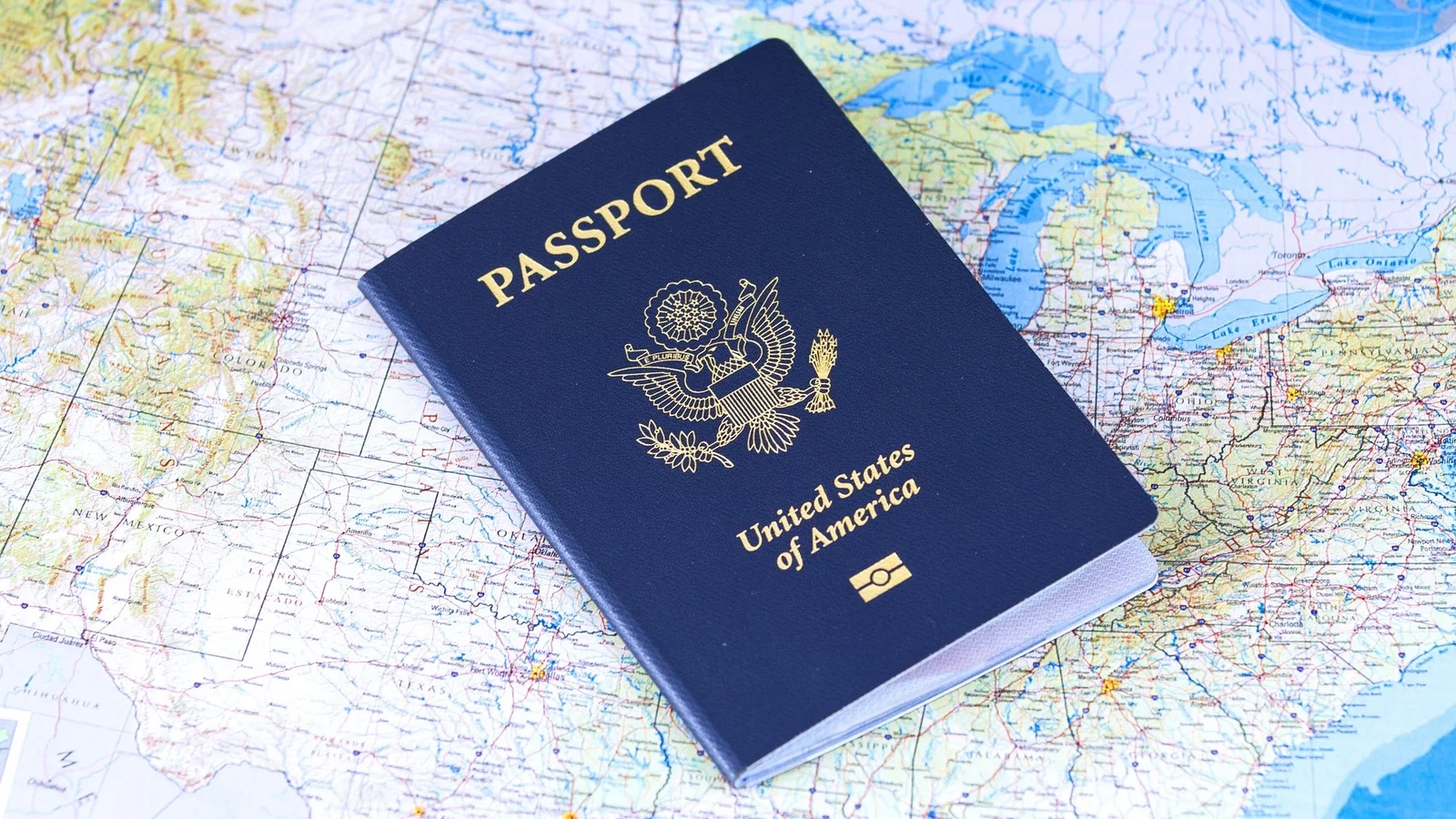Singapore – The Henley Passport Index (HPI) 2025 has reaffirmed Singapore’s global mobility dominance, ranking it as the world’s most powerful passport, granting its citizens visa-free or visa-on-arrival access to 195 destinations—more than any other passport holder globally.
Based on IATA Timatic data, which is widely used by airlines and immigration authorities, the index reflects the extent of travel freedom enjoyed by each country’s passport holders. Singapore’s standing is emblematic of its longstanding diplomatic agility, robust international relations, and stable domestic policy framework.
Meanwhile, other East Asian passports also fared strongly: Japan and South Korea are tied in second place with access to 190 destinations, while several EU nations round out the top ten.
However, Indonesia, Southeast Asia’s largest economy, sits far behind in 71st place, with visa-free or visa-on-arrival access to just 74 countries. Despite its strategic position, large population, and expanding global footprint, Indonesia lags behind neighbors such as:
Malaysia (11th, 181 destinations)
Timor-Leste (54th, 96 destinations)
The disparity underscores how diplomatic relations, visa agreements, and international reputation directly influence passport strength. Indonesia’s low ranking has implications for its citizens’ access to global education, business mobility, and international tourism opportunities.
At the bottom of the index is Afghanistan, with access to only 25 countries—largely due to ongoing political instability and international isolation.
In the context of ASEAN, these rankings reflect a growing divide in regional mobility. While countries like Singapore and Malaysia are leveraging diplomatic soft power to expand global access for their citizens, others must address bureaucratic limitations and foreign policy inertia to close the gap.
Visa liberalization, bilateral negotiations, and improved global standing will be essential if Indonesia wishes to improve its placement in future indices. As travel increasingly intersects with trade, education, and international influence, passport strength becomes more than a convenience—it’s a strategic asset.









